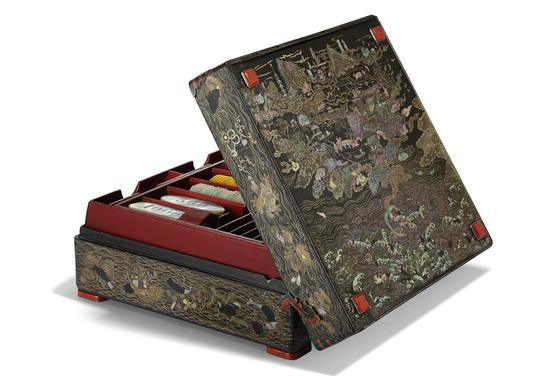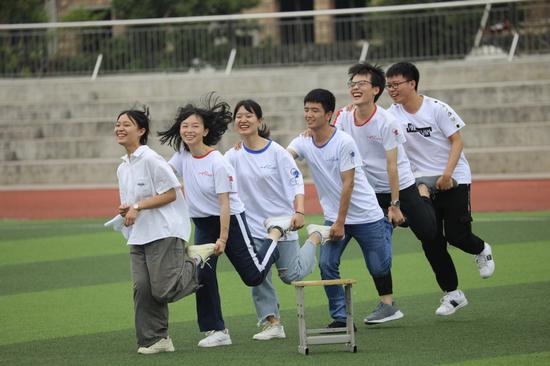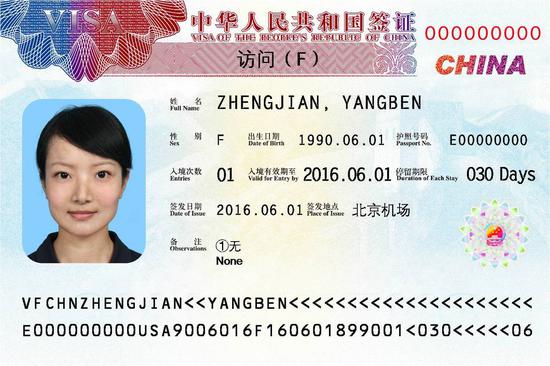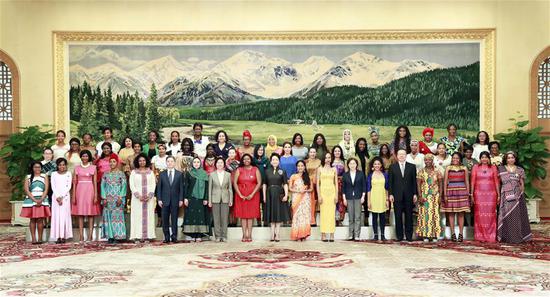
An undated photo shows an elderly woman dining at a nursing home in Hangzhou. (Sun Yidou/For China Daily)
Nursing homes are banned from selling expensive drugs, pills or health products
China has banned nursing homes from peddling expensive pills and health products that make false claims, in the latest move to clean up the sector.
The sale of financial products that target retirees with false promises of better returns on their assets was also prohibited.
The measures were made public recently in a circular released by the Ministry of Civil Affairs, the National Health Commission, the Ministry of Emergency Management and the State Administration for Market Regulation.
The circular requires nursing homes nationwide to offer courses on maintaining health, as well as on helping seniors to be able to detect fraud. The facilities and their elderly clients are also encouraged to report possible fraud cases to public security authorities.
Shortcomings in the industry have affected many health product giants, including the Quanjian Nature Medicine Technology, the Hebei Hualin Acid-Base Biotechnology Co, Tiens Group and Infinitus. Many of the victims targeted with unethical promotion and false advertising were retirees.
The State Administration for Market Regulation launched a 100-day crackdown on substandard products and false advertising early this year.
The campaign led to the removal of some 97,000 advertisements exaggerating the curative effects of products, and the shutting down of almost 3,900 websites, WeChat accounts or apps belonging to the direct-sales companies, the administration said.
The ban on healthcare and financial products in nursing facilities is part of a four-year campaign that started in 2017 aimed at eliminating safety risks in the often underfunded retirement homes.
Fires were among the most common accidents. A fire at a nursing home in Huinan county, Jilin province, in 2017 killed seven residents.
China's population aged 60 and above stood at 249 million at the end of last year and is expected to top 500 million by 2050, highlighting the need for urgent reform in the elderly care sector.
In April, the central government issued a guideline, strengthening oversight in the sector, as well as pledging to slash taxes and fees for such organizations to help relieve funding pressure.
The guideline also plans to expand funding channels for them, and make private ones eligible for government financing. Overseas investors were also encouraged to join the sector.




















































